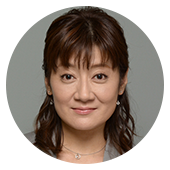In March, Hori decided to take on a role as an advisor to the Tokyo Nursing Association. She says that in all her years of work, she has never experienced anything like what she’s seeing at hospitals now.
“We don’t have enough protective equipment,” she says. “Nurses are terrified of getting sick and infecting their family members.”
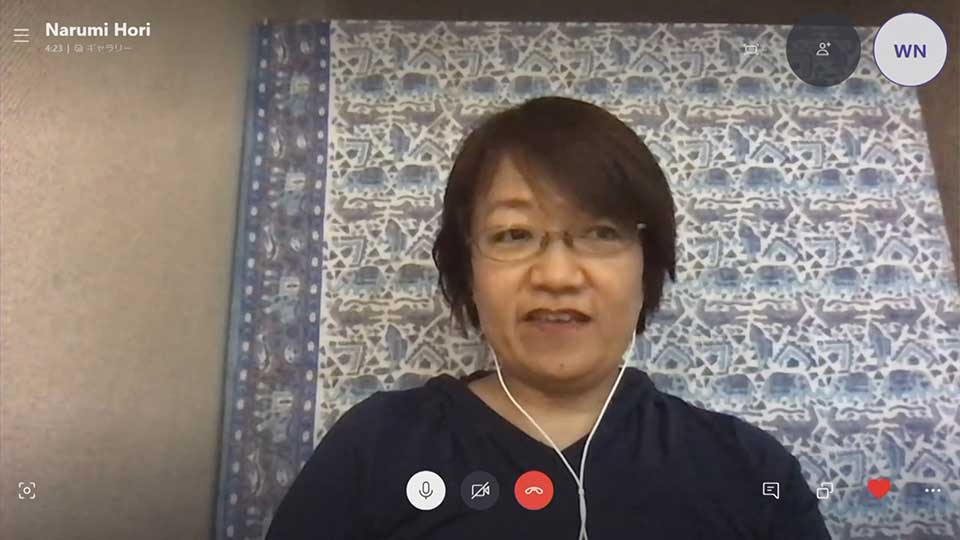
Hori says this fear is compounded by a sense of helplessness, unique to the coronavirus crisis. Nurses are unable to offer the full treatment they were trained for, given the nature of the virus.
“It’s heartbreaking not being able to give the best end-of-life care to patients and their relatives,” she says.
The Japanese Nursing Association says these feelings of fear and impotence, combined with longer than usual hours, is leading to burnout. The organization says some nurses are already suffering from post-traumatic stress disorder.
Reaching out to retired nurses
According to the Japanese Nursing Association, a ward treating COVID-19 requires four times as many nurses as a regular one. This strain on manpower is exacerbated by the spread of infection inside hospitals, which is forcing many qualified staff to stay home and self-isolate.
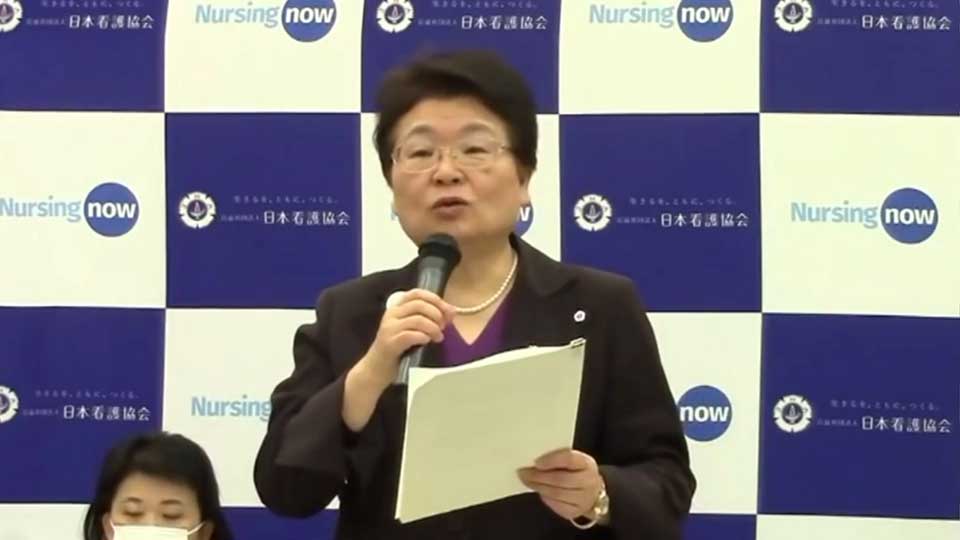
In early April, Fukui Toshiko, president of the Japanese Nursing Association, issued an urgent plea for retired nurses to return to work. She says Japan is in desperate need of people, no matter what their previous roles were, or how long they had been away, and says there are jobs, such as telephone operators, that have a low risk of infection. The association emailed 50,000 former nurses. As of Monday, only 600 had answered the call.
The association has asked the government to offer hazard pay to help entice more people back. But that request has gone unanswered.
Why they aren't returning
One nurse, who we're calling Yoko, spoke to NHK on the condition we protect her identity. She has spent much of her career in emergency wards and wanted to return to work this spring after a two-year maternity leave. She says she hasn't been able to return because she can’t find childcare — another chronic problem in Japan.

“My son was put on a long waiting list,” she says, and suggests that medical workers should be given priority access to childcare, especially at this time. “I hear that my old colleagues are struggling with the work, mentally and physically,” she says. “I feel so frustrated and so sorry that I can't do anything.”
Other former nurses say they are worried about going back to work because of the social stigma associated with the pandemic.
One retired nurse, who also asked for anonymity, says she’s afraid her children may face discrimination if she returns to the hospital.
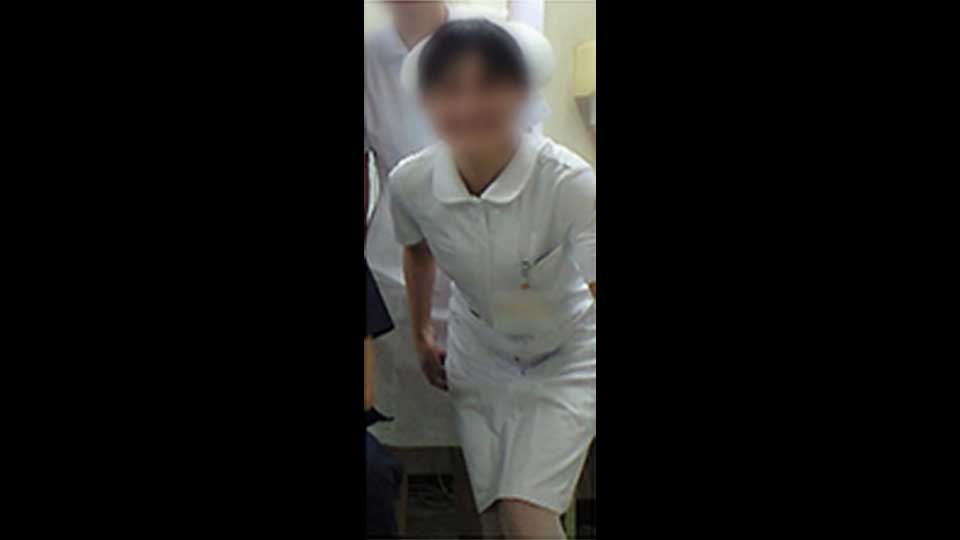
Innovations abroad
The World Health Organization says the shortage isn’t limited to Japan. In a report issued last month, it said the world needs an extra 5.9 million nurses.
But some countries are finding that technology can help plug the staffing gap.
In Italy, hospitals are deploying robot nurses to enter wards and collect information about the patients, making the job safer for their human counterparts.
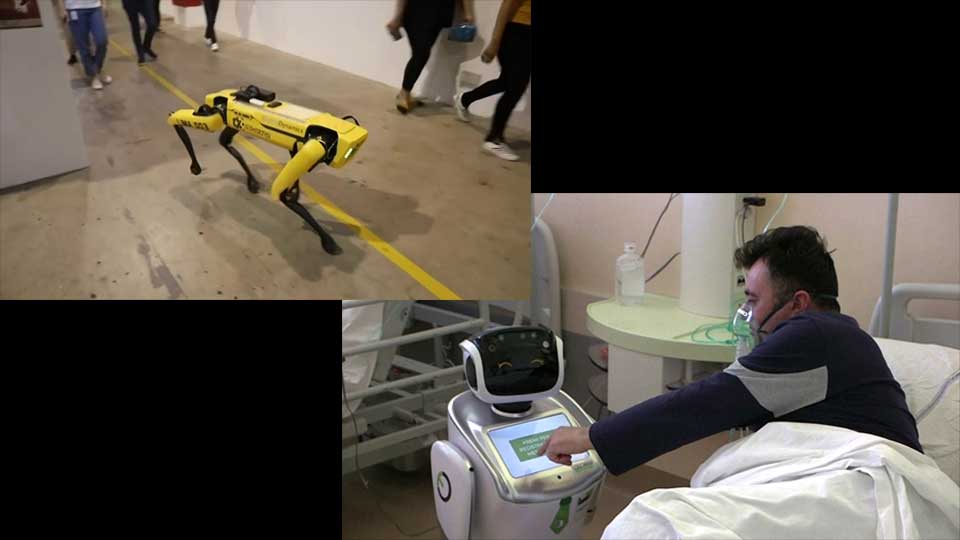
Singapore has introduced robots too. Their canine models primarily patrol public spaces, warning people about social distancing. But authorities are now testing them out in a hospital setting, using them to deliver medicine to patients.
In Taiwan, researchers are using cameras, sensors, and artificial intelligence to monitor patients from afar. The technology detects changes in a patient's heart rate, respiratory rate, or body temperature. If any problems come up, nursing staff can communicate with the patient using videoconferencing software.
But Japan, a country that prides itself on its robotics and technological prowess, has been slow to apply that expertise to the fight against COVID-19.
Hori Narumi of the Tokyo nursing association says that needs to change. She also says medical authorities have to be more savvy in how they reach out to retired nurses, suggesting SNS and online recruitment could have better results.
She also wants the government to green light the deployment of specialist disaster-response nurses. The Tokyo Nursing Association has made that request, but the government has yet to respond.
The number of new daily infections appears to be declining in Japan, but Hori says that’s not a reason to relax. She believes there will be second and third waves of infection, and says it’s essential the country rethinks its strategy if the healthcare system is to have any chance of surviving the crisis.

